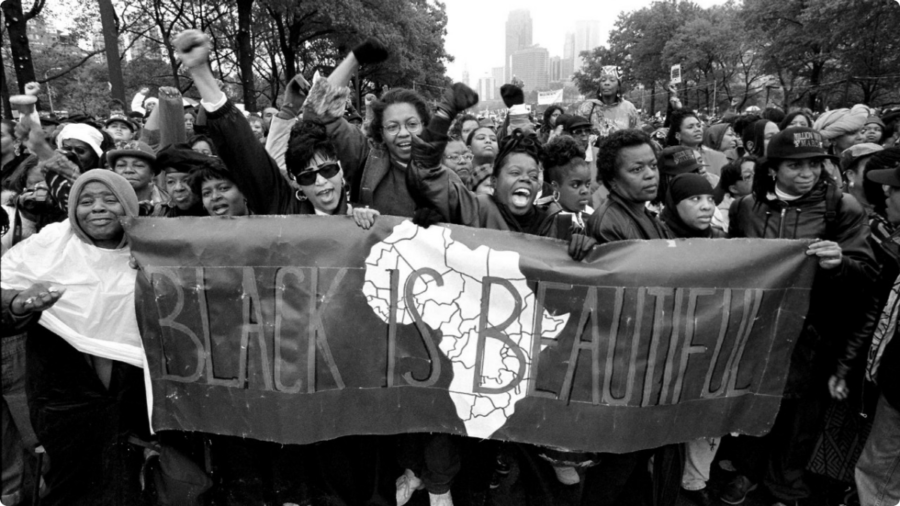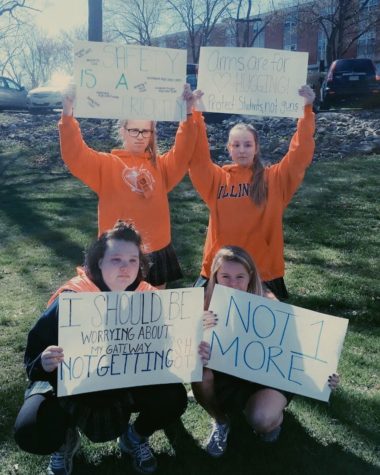A Letter to the Editor: It’s Black History Month (again, yes, again)
If you have any knowledge of black history, you will probably recognize the following names: Harriet Tubman, Martin Luther King Jr., and Rosa Parks. They are three incredibly important people whose complex narratives have been reduced to simple overwrought phrases: “Harriet Tubman was the conductor of the Underground Railroad,” “Martin Luther King Jr. had a dream,” “Rosa Parks took a stand by sitting down.” This Black History Month, I challenge you to delve deeper into the lives of the unsung heroes of black history, those we do not often hear of.
Black History Month began as Negro History Week in 1915, half a century after slavery was abolished. By the late 1960s, it had grown into the month-long celebration we know today.
“Why isn’t there a white history month?” Well, in this country we treat every month like white history month. White history is usually taught in schools under a special name that you might recognize: history. Black History Month simply seeks to call attention to a section of the voices our Eurocentric society tends to ignore. The best history teachers, such as those found at Nerinx Hall, remind students consistently of contributions made by people of color and do not only focus on minorities’ achievements during one month of the year.
As Black History Month approaches, I have mixed feelings. On one hand, I am anticipating the educational and insightful gatherings that are going to take place. On the other hand, I am dreading the situations in which I will be forced to confront the manner in which people and institutions recognize or refuse to recognize black history. For example, prior to my eighth-grade year, my (largely white) Catholic grade school did not have any specific events organized to celebrate Black History Month. As one of the few black students in attendance, I did not find this offensive, just disappointing. I feel that religious institutions have a duty to recognize the struggles and accomplishments of marginalized people. Therefore, I brainstormed and came up with a simple idea: to announce a short “fun fact” about black history every day over the intercom during February. The idea was well-received, and I continued this practice at Nerinx my freshman year during the last week of February.
As a woman who unapologetically celebrates her blackness, this month and all months I embrace my history and all of the diverse stories that make it.
















